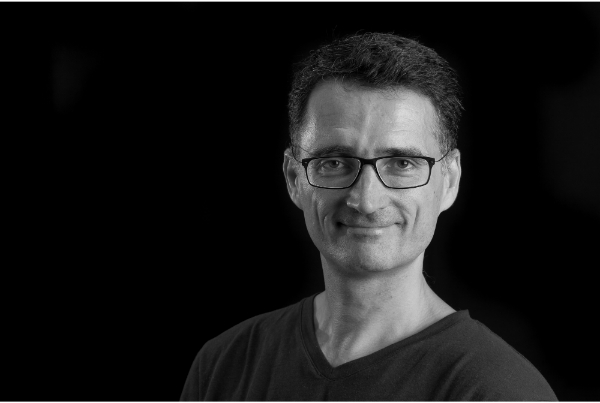I obtained a Magister (Freiburg, 1993), an MA (King's College London, 1994), and a PhD (philosophy, Bern, 1996), prior to becoming a Swiss-government funded postdoctoral researcher in Stuttgart (1996-7) and New York (1997-9). I was first employed in an academic position as Assistant Professor in Regensburg (1999), then at the Universitat van Amsterdam (2003-2006), before becoming a full professor in Durham (2006-) and an ICREA Research Professor in Barcelona in April 2013. I also was a guest professor at Hong Kong University (2010) and at Universitat Autonoma de Barcelona (2011).
